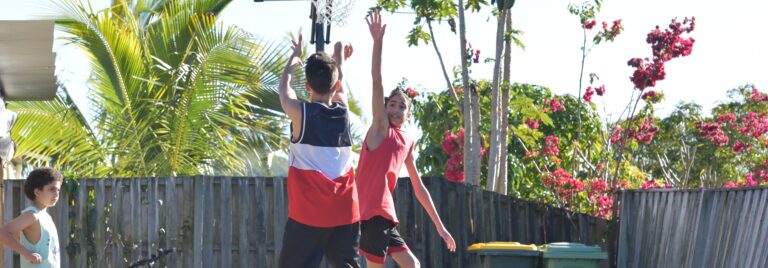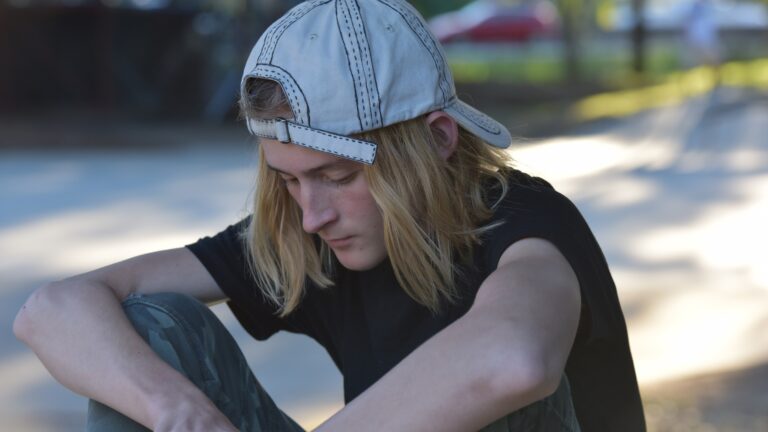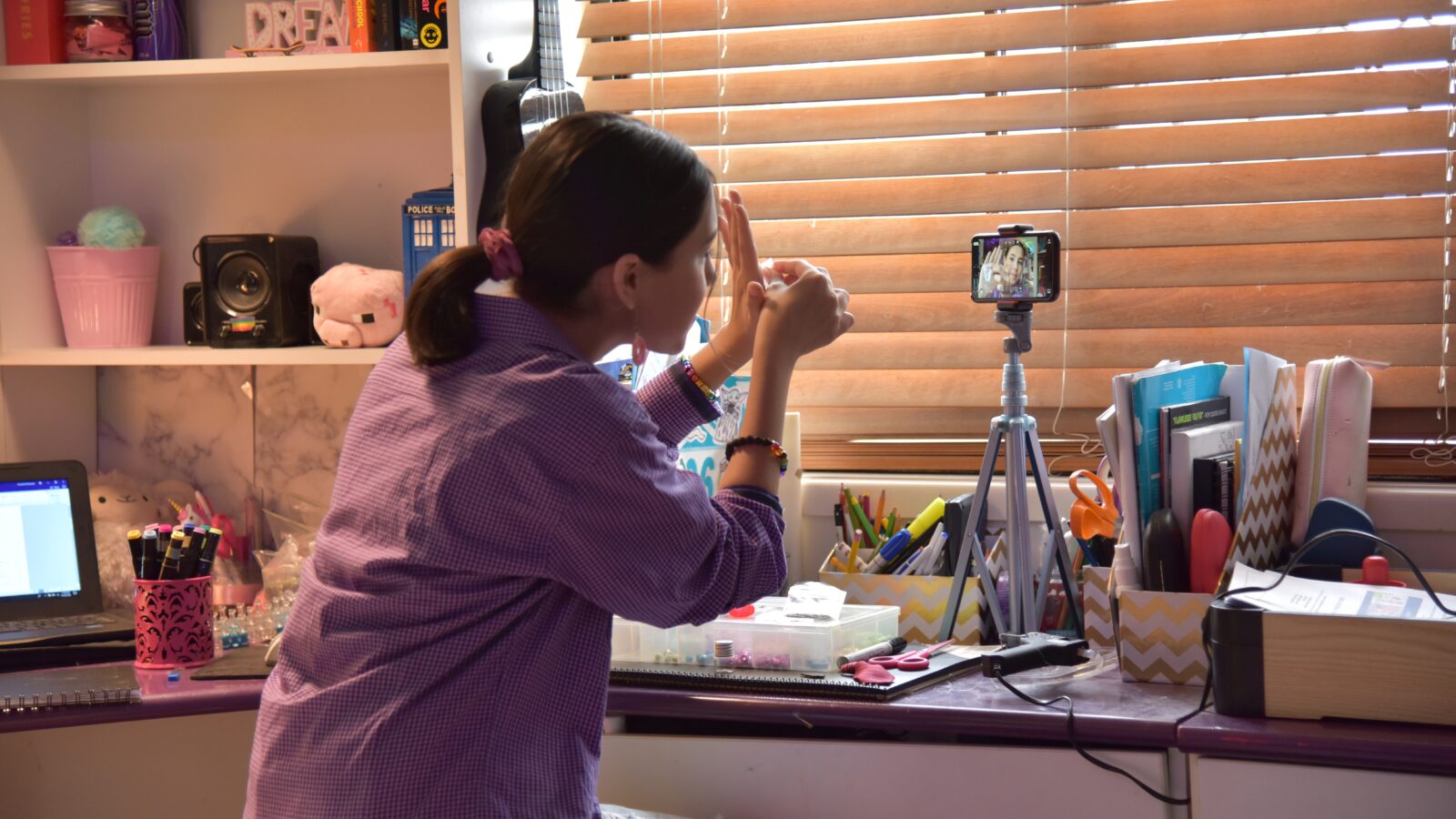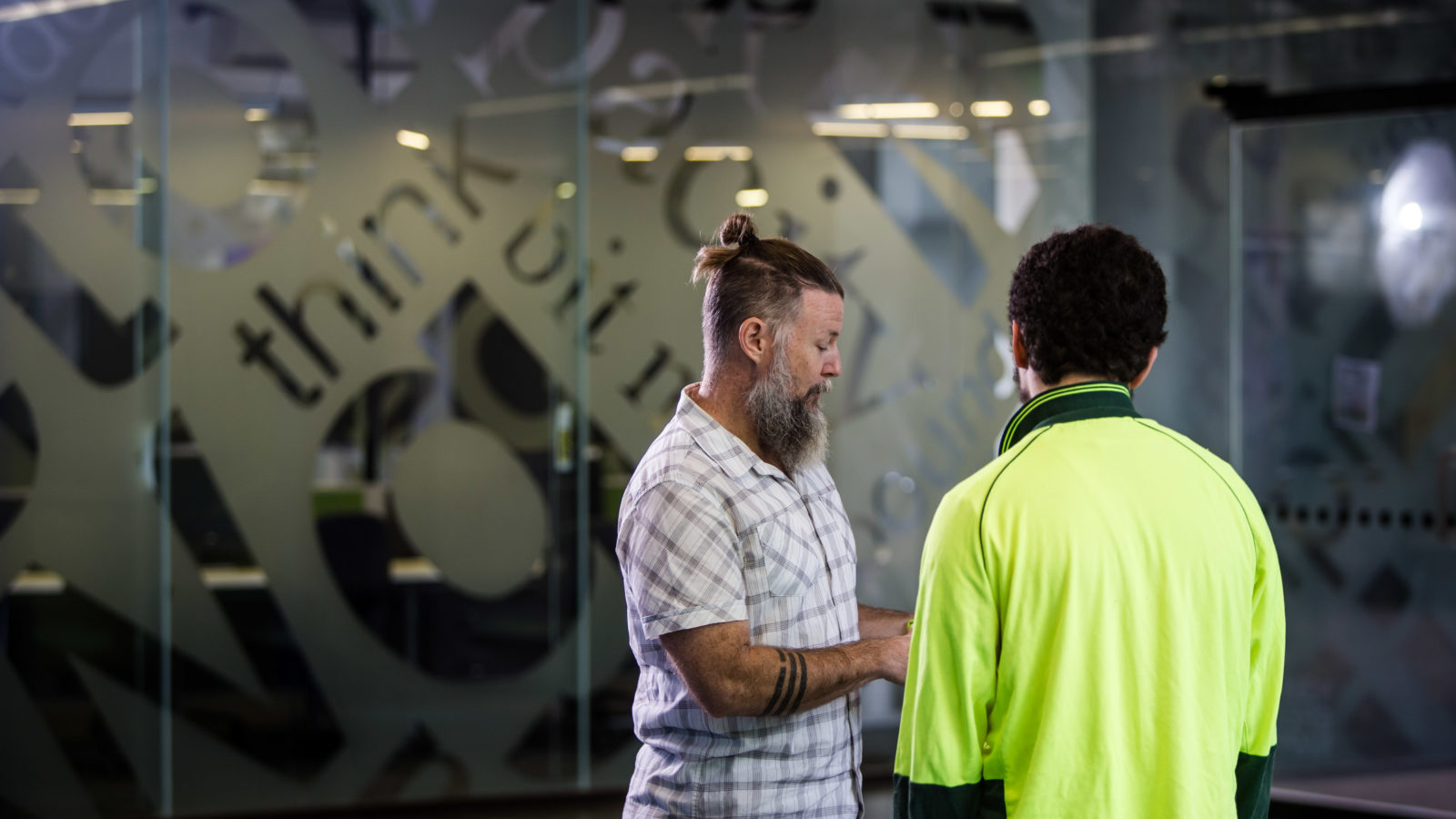Key Points
- Physical activity can positively impact your teen’s ability to learn.
- Lessons learned on the field can be applied in the classroom.
- Every child is different, so avoid pressuring your teen to try one activity in particular. When they choose the right physical activity for them, they have a better chance of staying engaged.
Positive energy levels = positive learning
One of the more obvious benefits of physical activity is that it improves the overall health and wellbeing of our teens. We know that regular physical activity increases energy levels, improves cardiovascular fitness, and enhances motor skills. What you may be surprised to learn however is that these physical improvements also contribute to your teens ability to focus and concentrate in the classroom by boosting their energy levels and stimulating cognitive development.
Discipline and time management
Many sports and physical activities require discipline and commitment. Children involved in sport learn the importance of sticking to a schedule and balancing their academic and sporting responsibilities. Teens who understand the importance of showing up to training sessions and practicing regularly can apply this same mindset to staying on track with schoolwork and assessments.
Social interaction and teamwork
Participating in sport and physical activity provides teenagers with opportunities to develop their social skills and interact with their peers. They learn to communicate and work together toward a common goal as well as create a sense of belonging. This sense of teamwork can extend beyond the field and into other areas of your teen’s life, giving them confidence to engage with their classmates, participate in group projects, and contribute to class discussions.
Improved focus
Sport activities involve learning and practicing various techniques, strategies, and rules. Through repetitive drills and training, children develop mental discipline, focus, and concentration. All these skills will come in handy during exams, or when completing homework and other assessments.
Goal setting and perseverance
Many physical activities provide an environment where your teen can set goals, work towards achieving them, and experience a winning result. This growth-oriented mindset helps your teen develop the lifelong skills of perseverance, determination, and hard work, all of which will pay off when it comes to deciding academic and life goals.
Stress relief
Not only sport but any form of physical activity can help your teen manage stress and release built-up energy. Regular exercise can help reduce anxiety and improve mood, allowing your teen to approach school and life with a more positive attitude.
Finding a physical activity that works for your child can help spark their interest in learning as well as helping with their emotional and social development.
There are many different sports and activities that you could talk to your teen about. Each child’s individual skills or strengths can help narrow down the activities that are best suited to them.
The Australian Sports Commission is a great place to start exploring a range of sports or sporting clubs that your teen could join. Many local councils offer free and affordable physical activities if your teen doesn’t want to commit to one activity yet (such as Brisbane City Council’s ‘Active and Healthy events’). A range of funding assistance programs are available also:
Last Updated: 22 February 2024





